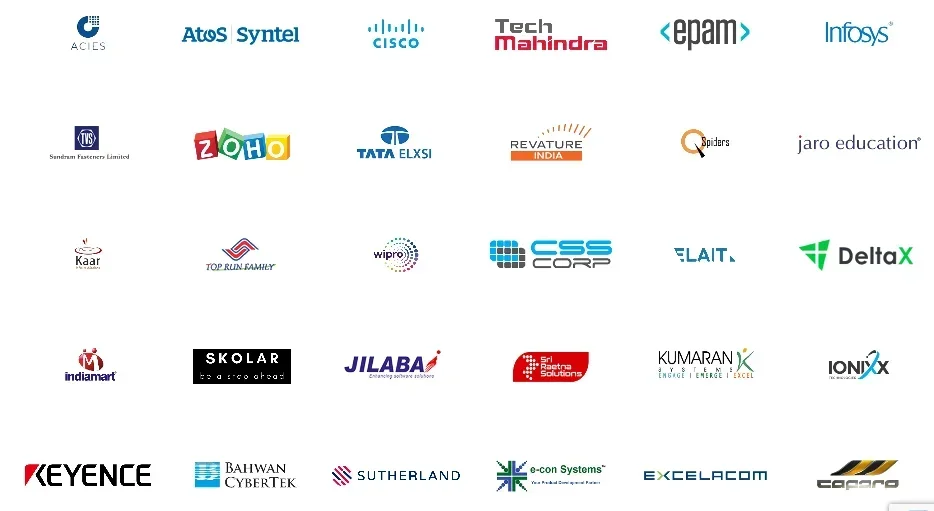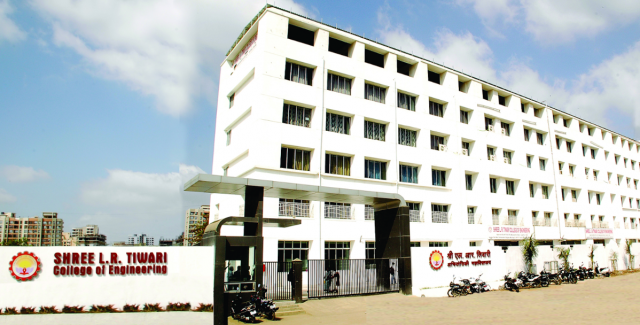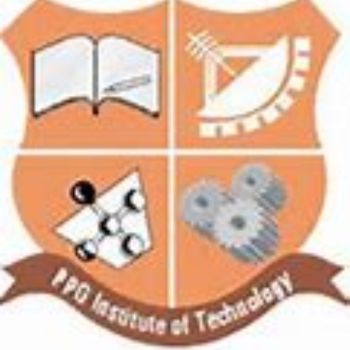The GRT Institute of Engineering and Technology Placement 2024 concluded with a total of 162 students receiving job offers from companies such as ACIES, Atos Syntel, Cisco, Tech Mahindra, Infosys, Zoho and Tata Elxsi. The GRT Institute of Engineering and Technology median package for B.Tech students was INR 3.31 LPA, while MBA students recorded a median package of INR 3.21 LPA.
Table of Contents
GRT Institute of Engineering and Technology Placement 2025
The GRT Institute of Engineering and Technology Placement 2025 report is yet to be released. However, as per the GRT Institute of Engineering and Technology placement 2024, the median package offered to MBA graduates was INR 3.21 LPA. The B.Tech graduates recorded a median package of INR 3.31 LPA. GRT Institute of Engineering and Technology top recruiters include ACIES, Atos Syntel, Cisco, Tech Mahindra, Epam, Infosys, Sundram Fasteners Limited, Zoho, Tata Elxsi, Revature India, QSpiders, Jaro Education, Kaar Technologies, Top Run Family, Wipro, CSS Corp, Elait, DeltaX, IndiaMART, BYJU'S and Capgemini.
Particulars | Placement Details (2024) |
Median Package (MBA) | INR 3.21 LPA |
| Median Package (B.Tech) | INR 3.31 LPA |
Top Recruiters | ACIES, Atos Syntel, Cisco, Tech Mahindra, Epam, Infosys, Sundram Fasteners Limited, Zoho, Tata Elxsi, Revature India, QSpiders, Jaro Education, Kaar Technologies, Top Run Family, Wipro, CSS Corp, Elait, DeltaX, IndiaMART, BYJU'S, Capgemini |
GRT Institute of Engineering and Technology Placement Process 2025
A multi-tiered recruitment strategy drives placements, beginning with pre-placement talks and skill assessments. Top IT firms and product-based companies dominate GRT Institute Of Engineering And Technology placements, particularly for computer science graduates, while core engineering sectors see selective participation from manufacturing and infrastructure giants.
The training and placement cell at GRT Institute of Engineering and Technology facilitates industry workshops, technical skill certifications, and mock interviews to enhance student readiness. Despite these efforts, student feedback indicates uneven recruiter distribution across branches. While CS and IT students report regular visits from major tech corporations, mechanical and civil engineering cohorts highlight opportunities for broader industry partnerships. GRT Institute of Engineering and Technology addresses this through specialized industry-academia conclaves and tailored internship programs with manufacturing enterprises.
GRT Institute Of Engineering And Technology Top Recruiters

GRT Institute of Engineering and Technology Placement FAQs
What was the median package offered during GRT Institute of Engineering and Technology placement 2024?
The median package during the GRT Institute of Engineering and Technology placement 2024 was INR 3.31 LPA for B.Tech students and INR 3.21 LPA for MBA students.
How many students were placed in the GRT Institute of Engineering and Technology placement 2024?
A total of 162 students secured placements during the GRT Institute of Engineering and Technology placement 2024.
Which companies were among the top recruiters at GRT Institute of Engineering and Technology?
Top recruiters at GRT Institute of Engineering and Technology include ACIES, Atos Syntel, Cisco, Tech Mahindra, Infosys, Zoho, Tata Elxsi, Wipro, Capgemini and BYJU’S.
What is the placement process followed at GRT Institute of Engineering and Technology?
The GRT Institute of Engineering and Technology placement process includes pre-placement talks, skill assessments, technical tests, and personal interviews conducted by recruiting companies, supported by the institute’s Training and Placement Cell.
Does the GRT Institute of Engineering and Technology offer any training before placements?
Yes, GRT Institute of Engineering and Technolog provides industry workshops, mock interviews, and certification programs to prepare students for the GRT Institute of Engineering and Technology placement process.





